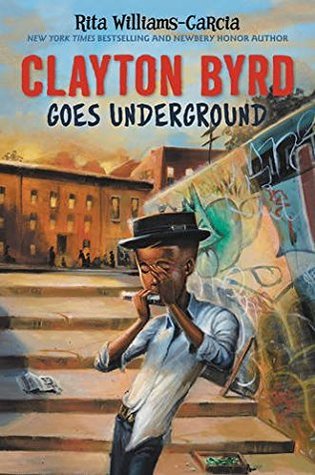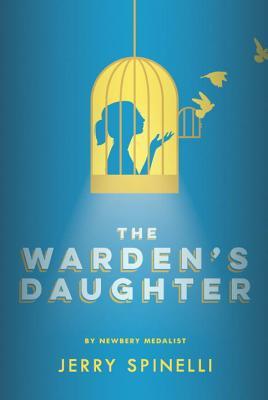 |
| Go ahead. Skip to the bottom of the post. Read my line. I know you want to. :-) |
* * *
Didn't Heidi get us started off with a line full of pure possibility? She introduced our character.
I’m fidget, friction, ragged edges—
Then Tabatha gave us some show-not-tell action to help us get to know our character better. We've got a storyteller here (or at least, a story sprouter...hmm...a magical plant?).
Along comes Dori, who takes the word stories and cracks it open just a bit for us.
Michelle linked the words fire and stories in a surprising way. Is our character a dragon?
Diane established stanzas of four lines and a bit of conflict...
...and Kat elaborated. (No, Kat, we won't change your Aussie spelling of vapour!)
Yesterday, Irene got our character ready for action...but without armour (don't you love how she gave Kat that wink?!)
And now I'm left to decide the action our character might take. Or would take if this were my own poem and not this big, messy, fun, collaborative, surprising thing it is every year (this is our SEVENTH!!).
Our character might be a girl. That happens a lot in stories. So our character might be a boy. A boy who does atypical things. A boy who is searching for his true identity, who is willing to lose the frazzle-dazzle storytelling and the costume he's wearing, in order to try living honestly in his own skin. Yeah. I like that. For right now, in this small moment of Line Eight, that's who this poem is about for me. So what gift can I give to this child, what gift for all children who are in that tricky spot of growing up, when they have to take off the princess dress or the super hero cape and find out who they really are?
(There are a lot of F words early on, and a lot of S words in the past 5 lines. Did you notice that? And we don't seem to be keeping to any syllable count or regular rhyme scheme...Can you tell I'm writing this line in my head as I write this post?)
facing the day as my fickle, freckled self.
Go forth, brave character! Whether or not you turn out to be seeking your true identity, or if other amazing adventures await you in this poem, we've launched you out the door. Have fun, Linda! Give us hints as to what THE DAY will hold for our character, whoever he or she or he/she might be!
I’m fidget, friction, ragged edges—
I sprout stories that frazzle-dazzle,
stories of castles, of fires that crackle,
with dragonwords that smoke and sizzle.
But edges sometimes need sandpaper,
like swords need stone and clouds need vapour.
So I shimmy out of my spurs and armour
I’m fidget, friction, ragged edges—
I sprout stories that frazzle-dazzle,
stories of castles, of fires that crackle,
with dragonwords that smoke and sizzle.
But edges sometimes need sandpaper,
like swords need stone and clouds need vapour.
So I shimmy out of my spurs and armour
facing the day as my fickle, freckled self.













